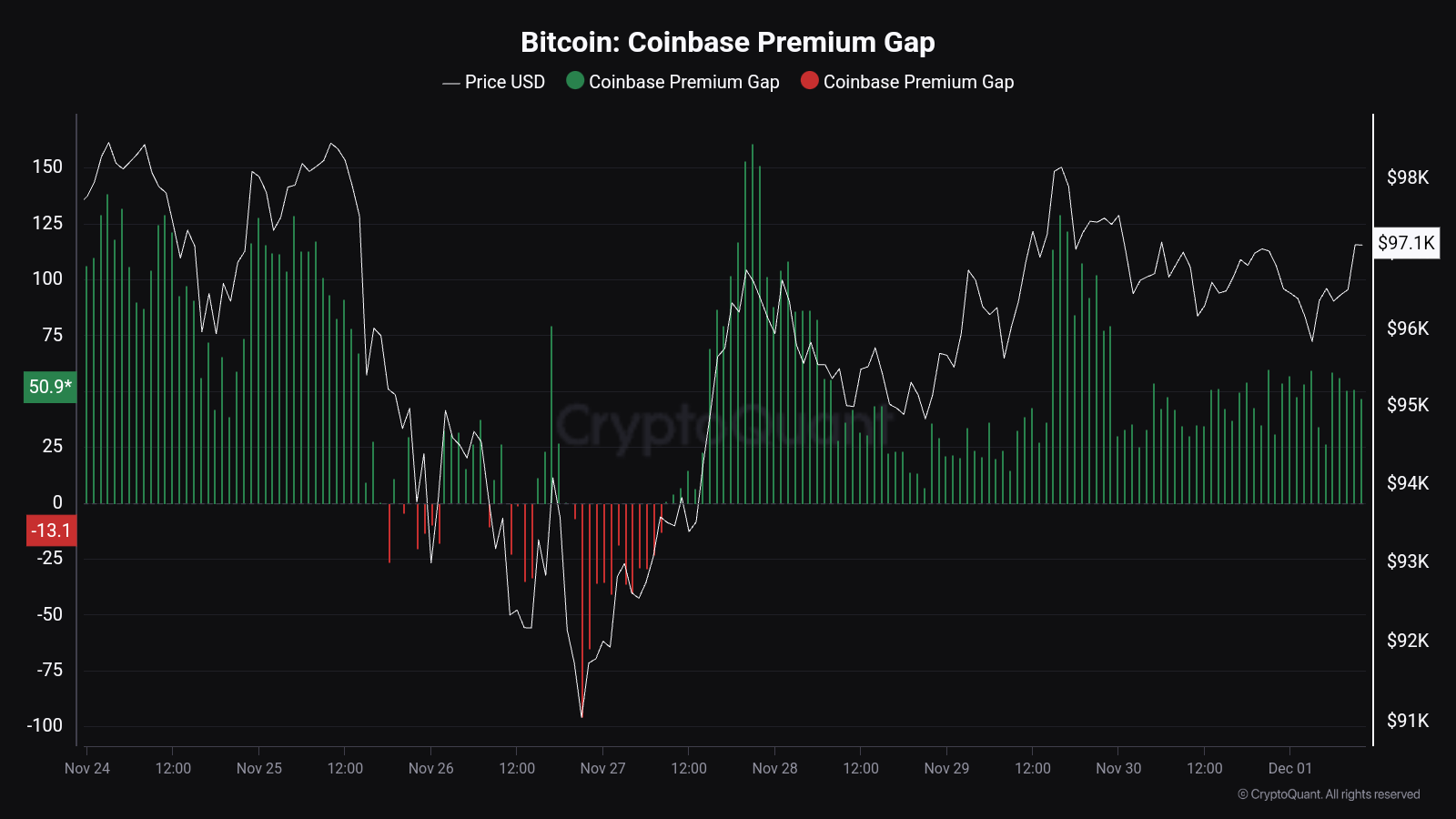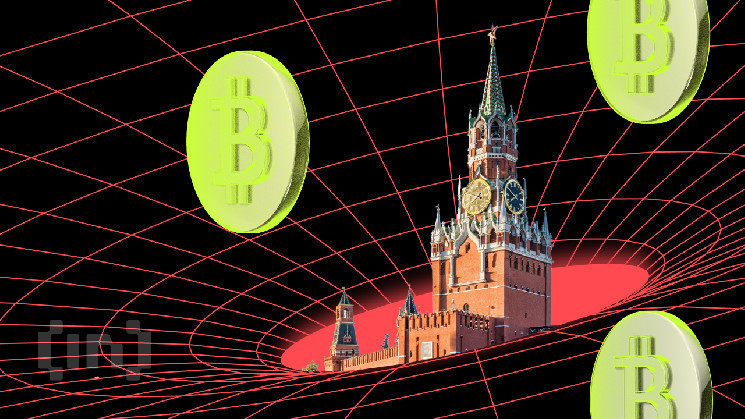Russian State Duma Deputy Anton Tkachev, a member of the New People party, has suggested creating a strategic Bitcoin reserve to strengthen the country’s financial stability.
According to local reports in Moscow, Tkachev has formally submitted this proposal to Finance Minister Anton Siluanov.
Russia to Consider Plans for a Bitcoin Reserve?
In the proposal, Tkachev highlights the limitations of traditional currency reserves, such as the dollar, euro, and yuan. He mentions that these assets are susceptible to inflation and international sanctions.
Also, Tkachev argues that a Bitcoin reserve could serve as an independent alternative, free from the influence of any single nation.
“I ask you, dear Anton Germanovich, to assess the feasibility of creating a strategic reserve of bitcoin in Russia by analogy with state reserves in traditional currencies. If this initiative is approved, I ask you to submit it to the government of the Russian Federation for further implementation,” the statement said (originally in Russian).
It looks like Russia has been considering softening its stance on crypto regulation. This could be driven by the imminent regulatory shift in the US following Trump’s re-election in early November.
Just last week, President Vladimir Putin publicly stated that no one can ban Bitcoin, and it will continue to develop. This was ultimately the last push that $BTC needed to reach its $100,000 milestone after hovering around the $95,000 zone for a month.

Putin is Optimizing Crypto Regulations
On the taxation front, Russia recently introduced major changes to its crypto regulations. Cryptocurrency transactions are now exempt from value-added tax (VAT). Instead, profits from crypto activities are subject to a 15% personal income tax, mirroring the tax structure for securities.
Earlier this year, Russia legalized Bitcoin and crypto mining, marking a significant regulatory shift. However, mining restrictions remain in place in certain regions.
Activities are prohibited in occupied Ukrainian territories, including Donetsk, Lugansk, Zaporizhia, and Kherson. Siberia also faces seasonal restrictions on mining between December 2023 and March 2031 to manage electricity demand.
Meanwhile, the idea of a national Bitcoin reserve is gaining traction globally. In the US, Pennsylvania has introduced a bill proposing the allocation of 10% of state funds to Bitcoin as a hedge against inflation and a means of investment diversification.
Also, there’s strong optimism that Trump might consider establishing a national Bitcoin reserve after his inauguration in January. Investment firm VanEck has also joined the campaign advocating for Bitcoin’s adoption as a reserve asset.
El Salvador stands out as a pioneer in this area. The country, which established a strategic Bitcoin reserve in 2021, now holds over $554 million worth of $BTC, with unrealized profits nearing 120%.
 beincrypto.com
beincrypto.com
